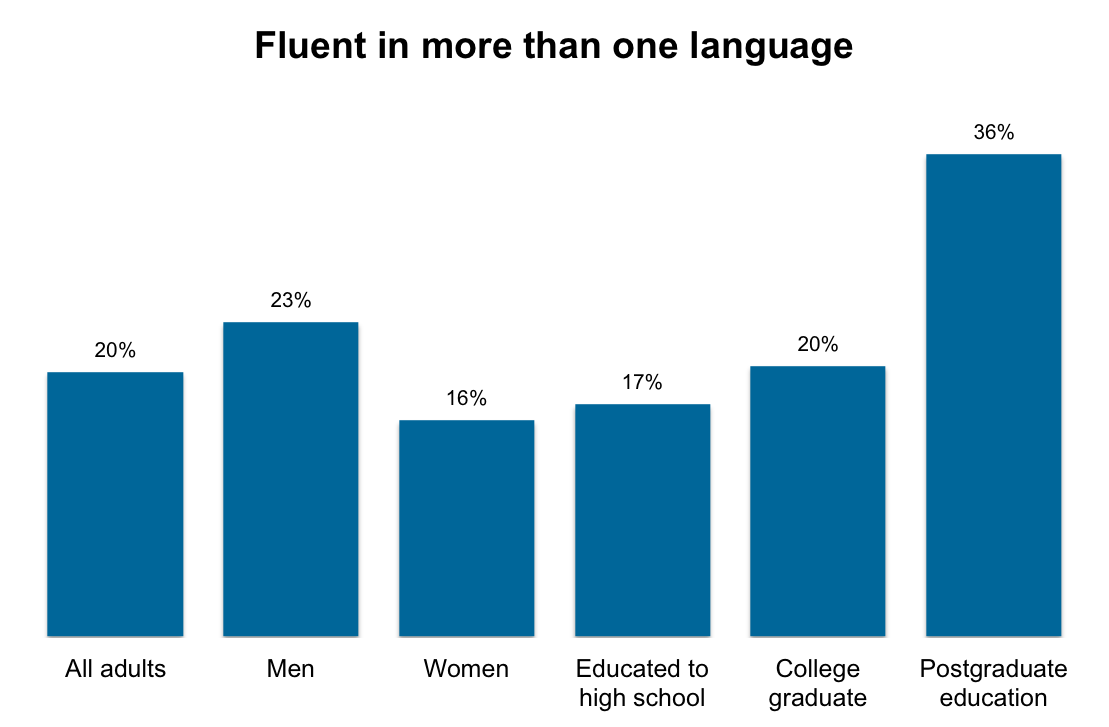The study of liberal arts shapes the students’ abilities to learn and critically think for a lifetime. What is unique about liberal arts education is that it enriches the student’s mind with different varieties of courses to make them adaptable to different rather than following a strict rubric of courses to prepare for a certain career.
What makes the liberal arts education invaluable is the broad range of knowledge and the appreciation of diversity students develop. Therefore, being educated in one different culture is essential to having pride in appreciating diversity. Moreover, the exposure of students to different cultures is crucial to improve students’ adaptability. Because of that, learning a new language is out of the question when it comes to getting a valuable liberal art degree because one is not only learning the language, but is also learning about the culture. The cultural aspect of liberal arts is a key component of a well-rounded undergraduate degree. Without the exposure to a different language, being educated in a different culture or being diverse is less likely.
Learning a new language equips the mind with new lens to view the world from a different perspective. When learning a new language, a student is challenged to express themselves with the limited vocabulary that they have learned. Also, most of the introductory language courses incorporate culture into the course exposing the student to a new environment and perspective. As the student advances in the language courses, they begin to incorporate more complex forms of expression that the language has, such as idioms and metaphors. As the advancement continues, they dive deeper into the culture and begin to understand and recognize different patterns of expression in different cultures. Through such experiences, a student gets the chance to view the world from a new angle and recognize the differences in the ways people conceive experience.
While the study of liberal and cultures through texts in English provides some knowledge about cultures, it is unequivocally secondhand knowledge. Learning a language provides a more in-depth understanding of the culture that is unmatched through English. While liberal arts courses train the mind to think critically, language learning does so in a unique way that exposes the mind to different perspectives that cannot be accomplished otherwise.

Percentage of Americans who speak more than one language